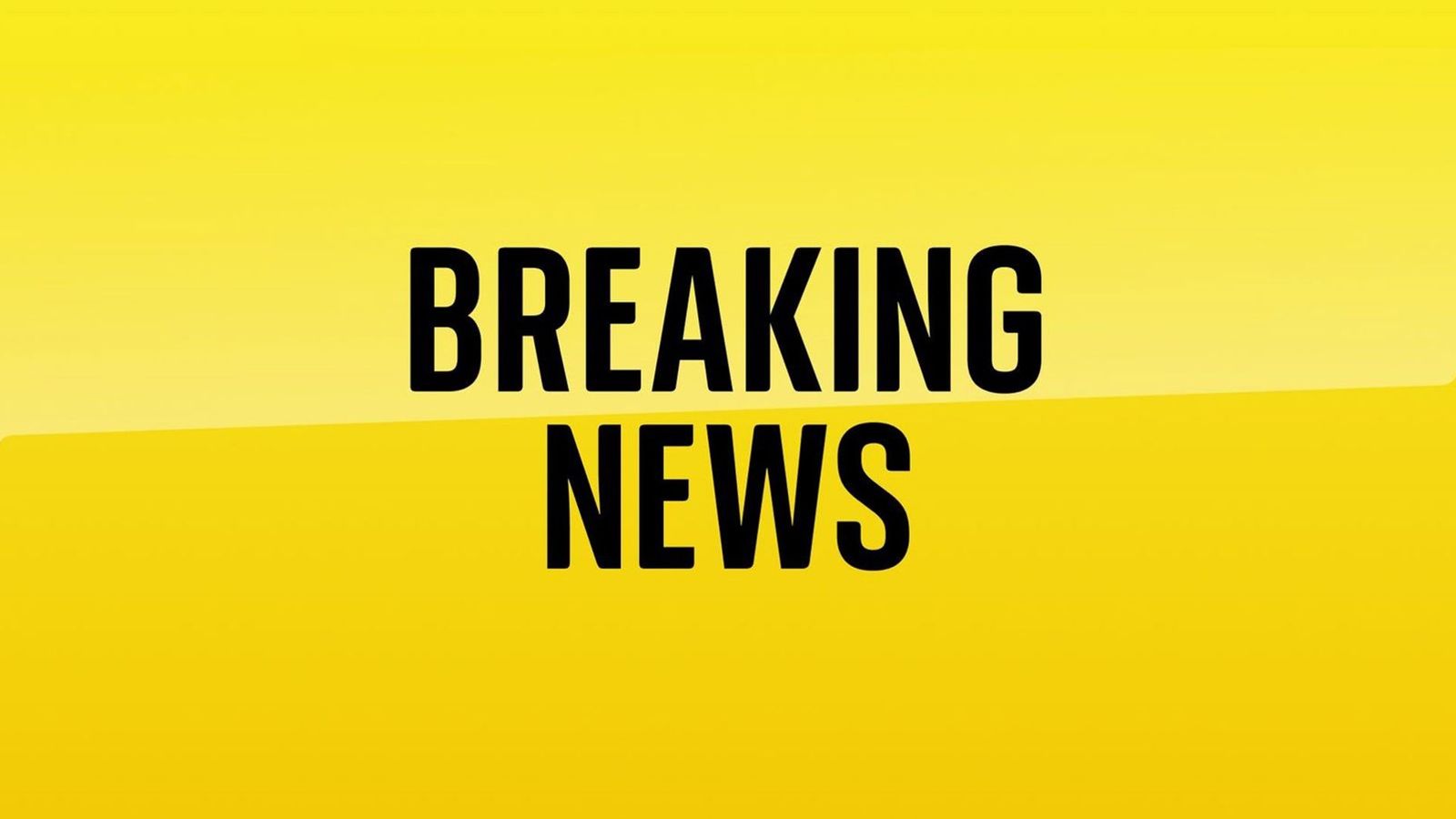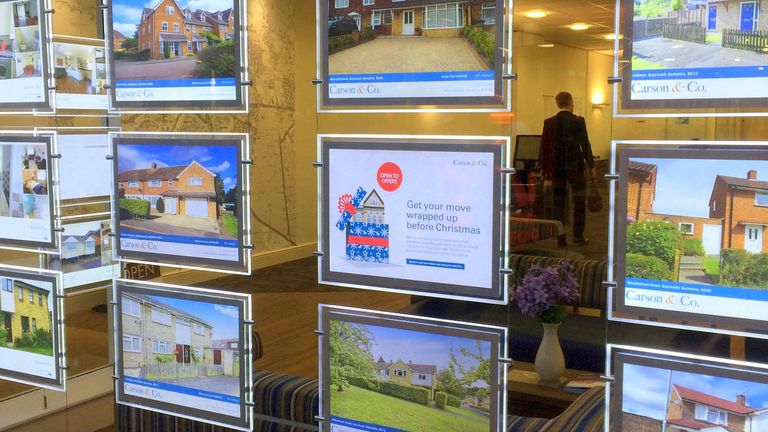Basic wage increases picked up pace at a higher rate than expected in the 12 months to April, according to the latest official figures.
The Office for National Statistics (ONS) said average earnings, excluding bonuses, grew at 7.2% over the 12 months – up from the 6.7% recorded in March and higher than the 6.9% forecast by a Reuters poll of economists.
While that figure is still below the rate of inflation, it represents an improvement for household spending power given that the consumer prices index (CPI) measure of inflation eased sharply to 8.7% in April.
The wider employment figures also showed a surprise fall in the unemployment rate to 3.8% when an increase to 4% had been expected by experts.
That was mainly down to a 250,000 increase in employment over the three months to April which led to a record employment rate, the ONS said.
The better than expected wage figures can be partly explained by increases to minimum wage levels, of up to almost 10%, that came into effect in April.
The government agreed the increases to help the lowest-paid combat the cost of living crisis.
But that is where the seemingly, good news stops.
That is because Bank of England rate-setters want to see the ONS wage figure fall rather than rise and would be expected to cite the data as a reason to hike Bank rate again when it meets next week.
There have been 12 consecutive rate increases to date to help combat inflation.
Governor Andrew Bailey has spoken often of fears that wage increases to offset the rate of inflation can fuel the pace of price growth – inflation – by boosting demand in the economy.
Such an economic argument has been dismissed by trade unions seeking improved pay deals in both the public and private sectors.
The hikes in Bank rate are largely responsible for wider borrowing costs, such as mortgages, going up with the UK boss of HSBC telling Sky News on Monday that there is no sign of fixed rate costs starting to go back in the right direction because inflation has proved so “sticky”.

